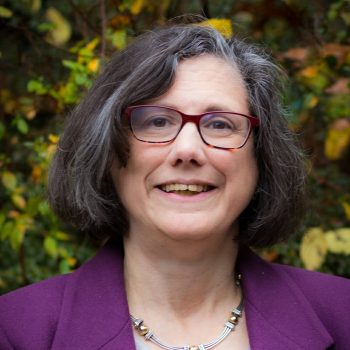
Parshah Shof’tim contains the guidelines for setting up of basic structure of who will determine the values and ethics of the Israelite people of the time and what constitutes transgressions against those norms. Even more important than what the transgressions are, in my opinion, is who decides. Before we even get to decisions about what is just and what is not, a system of criteria is established about who decides and how those people will be chosen.
You shall appoint magistrates and officials for your tribes, in all the settlements that your God is giving you, and they shall govern the people with due justice. Deuteronomy 16:18
The language of the opening verse above is very specific and in a single sentence lays out the plan for setting up the judicial and legislative authority as follows:
Who decides? In The Torah: A Women’s Commentary Nili Fox, a Professor of Bible at HUC-JIR with whom I had the privilege of studying one summer, is cited as indicating that during the Monarchic Period the king probably appointed these officials. Still, it is clearly stated that “you,” the people, will decide. We did then, and do now, have power over our own destiny in determining who will be the decision-makers for our community.
What are we deciding? Here the population is given the opportunity not to determine directly what is just, but rather to choose those who are best qualified among us to determine what is just. Both then and now, it is incumbent on all of us to be informed about the leadership decisions that we make and to choose wisely.
Who is the constituency? In this portion, the boundaries are clearly delineated as “your tribes in the settlements that your God is giving you.” We decide for ourselves in our own communities, not for others whose ways and circumstances we may not know. We do this in awe of and with gratitude for the community that we are part of.
What will the leaders we choose do? In saying that they will govern with due justice, Parshah Shof’tim sets a preamble to the rest of the portion to explain what is meant by that and how it will be carried out.
As someone who has served as a professional in the Jewish nonprofit sector and as a lay leader on the boards of WRJ and other organizations, this portion speaks to me of our responsibility as members and leaders to participate actively in the work of choosing our officials wisely. This also translates into the civic responsibility we carry in any community and national structure that we are part of. Our modern “settlements” are our synagogues, our municipalities, and our nations. On each of these levels, we have a responsibility to ourselves and the members of our “tribe” to choose our leaders wisely.
Abby Gilbert is a WRJ and Atlantic District Board Member and Past President of Congregation Beth Or Sisterhood, Maple Glen, PA
Related Posts

Parashat Yom Rishon shel Rosh HaShanah

Cultivating a Culture of Accountability and Belonging


